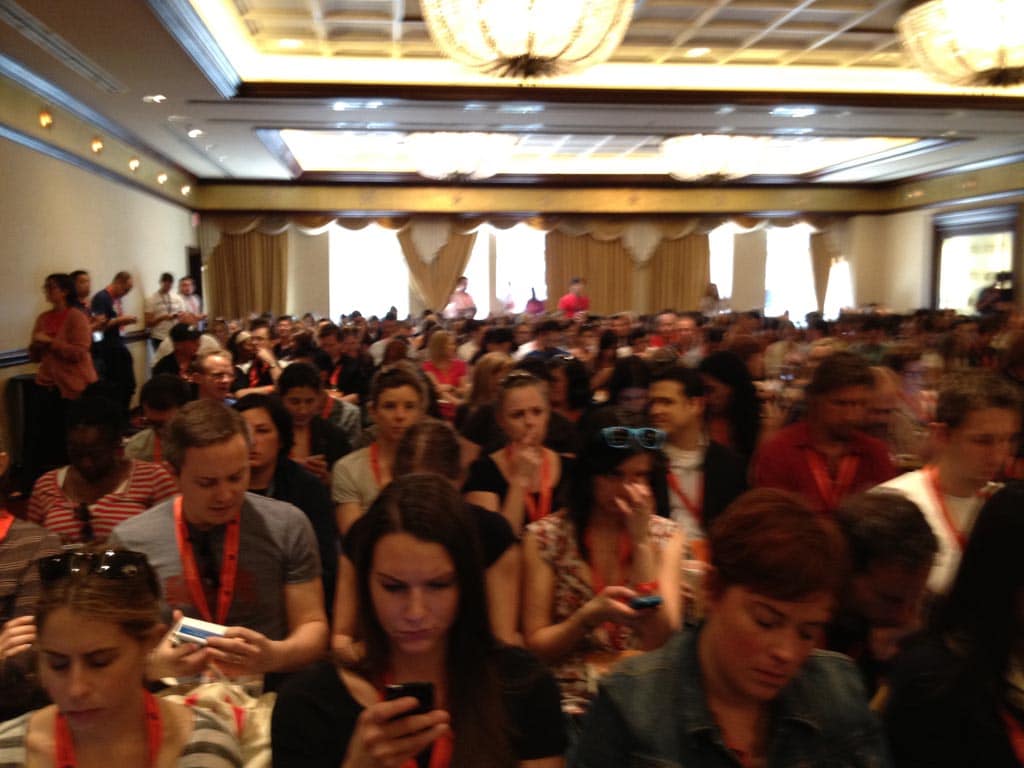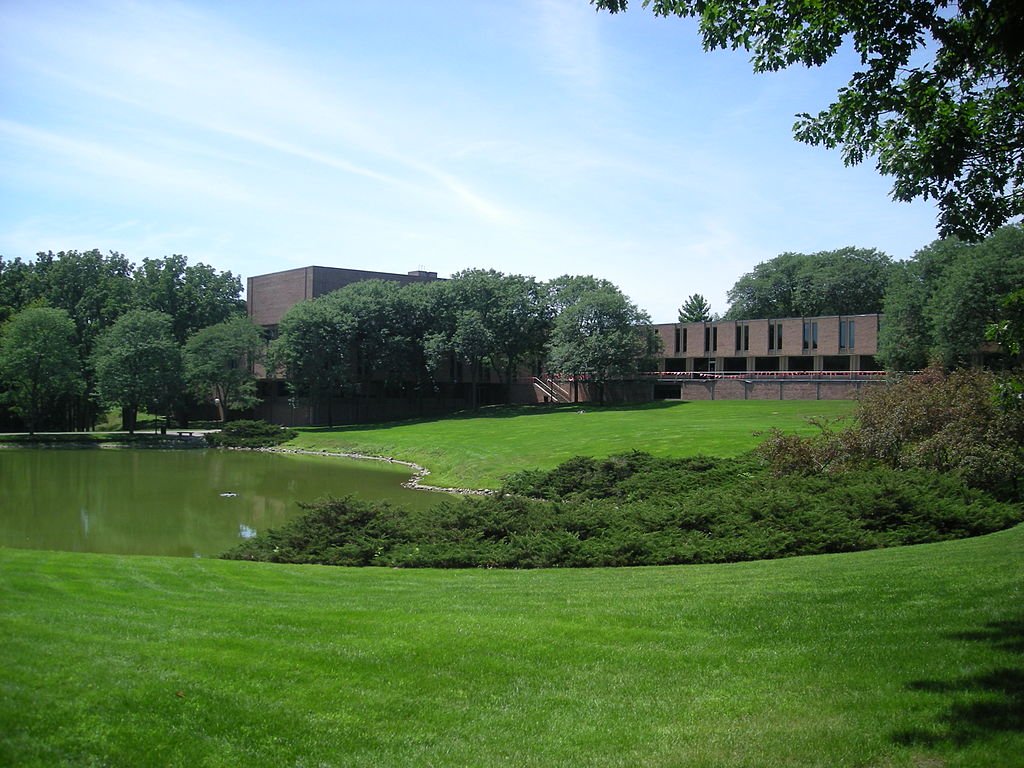What makes a concert interesting…
News… is the subject of a new research project in Berlin.
Here’s what you need to know:
Experimental Concert Research focuses on the scientific measurement of the concert experience. An international group of researchers has set itself the task of using empirical-experimental methods in a large-scale series of experiments to examine which parameters of the concert ritual are paramount to the audience’s concert experience.
This question will be examined in the setting of actual concerts using a multi-method research design. In different concerts, computer-assisted pre-and post-surveys, as well as physiological measurements and video recordings for the analysis of movement data will be used to investigate the following questions: What do people experience in a concert? Why does music move, excite and affect us? And how can the concert of the future be made more attractive?
The series experiment will be held in April and May 2022 in the Radialsystem and the Pierre Boulez Saal in Berlin. The concert series will feature renowned musicians such as Alban Gerhardt and Baiba Skride.
Watch an explanatory video here.






Comments